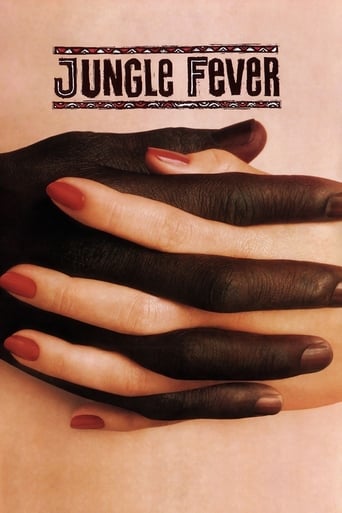Fliper Purify, un joven arquitecto de raza negra, comienza a salir con su secretaria, una chica blanca de origen italiano que tiene que cuidar de su padre. También Fliper tiene que atender a su hermano, un drogadicto. Ambos deciden confesar a sus respectivas familias que se han enamorado: la mujer de Flipper lo echa de casa y le prohíbe ver a su hija. Por su parte, el padre de Ángela, católico y racista, le pega una paliza y también la echa de casa
*Si nuestra moderación aprueba tu versión, será reemplazada y serás acreditado como autor del texto.
Año1991
Presupuesto14000000$
Duración132 minuto
Ingresos32482682$
GénerosDramaRomance
Países de producciónUnited States of America


